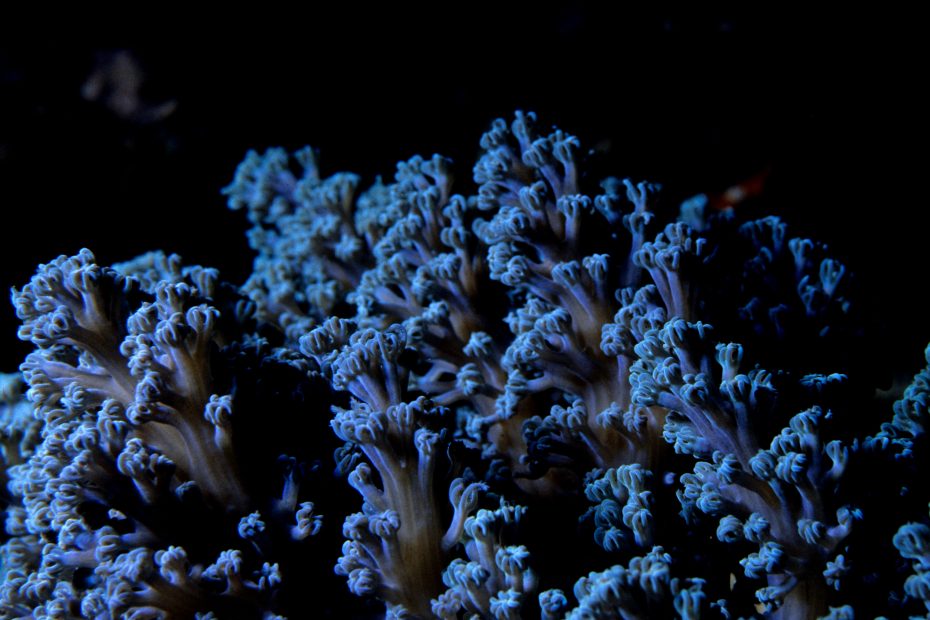Table of Contents
Introduction
The Kingdom of Tonga, an archipelago of over 170 South Pacific islands, is internationally renowned for its world-class diving and snorkeling. With over 145,000 square miles of ocean and brilliantly vibrant coral reefs, Tonga offers an unparalleled opportunity to experience some of the most magnificent undersea landscapes on the planet. From glass-like clarity to an incredible diversity of tropical fish and corals, snorkelers and scuba divers of all experience levels are guaranteed to be awed and amazed by Tonga’s stunning aquatic realm.
Getting to Tonga
The hub of international travel to Tonga is Fua’amotu International Airport on the main island of Tongatapu. Several airlines offer direct flights to Tongatapu from Australia, New Zealand, American Samoa, and Fiji. From Tongatapu, smaller domestic airlines provide flights to outer islands like Ha’apai, Vava’u, ‘Eua, and the Niuas. The other option is to take a public or private boat, which can get you to any of the island groups in 1-2 days depending on your destination.
Top Snorkeling and Diving Sites
Spread across Tonga’s island groups are seemingly endless reefs, caves, walls, wrecks, and marine-life-rich lagoons perfect for diving and snorkeling adventures. Here are some of the top spots favorite among visitors and locals alike.
Ha’apai Islands
The 62 Ha’apai Islands between Tongatapu and Vava’u offer divers excellent visibility, dramatic underwater topography, and schools of pelagic fish. Two premier sites are Coral Gardens, known for its spur and groove coral formations, and laid-back Sandy Island Resort, where you can snorkel straight off the beach to a vibrant reef.
Vava’u Islands
In the beautiful Vava’u archipelago, don’t miss snorkeling with humpbacks on a whale swim tour or exploring the island’s many sea caves. Top sites include Swallows Cave, home to reef sharks, barracuda, and clouds of Anthias, and the massive Mariner’s Cave filled with parrotfish and unicornfish.
Snorkeling in Tonga
With an abundance of shallow reefs and lagoons, Tonga is a snorkeler’s paradise. Rental gear like masks, snorkels, and fins can be found at most resorts and dive shops for around $10-20 TSD per day. Prime snorkeling for beginners is found on Tongatapu’s northern beaches and around Pangaimotu Island. Remember to use sun protection, make yourself visible, and never snorkel alone.
Scuba Diving in Tonga
Experienced divers can plunge into Tonga’s most spectacular underwater worlds. Becoming a certified open water diver takes 3-4 days with courses offered by PADI dive shops across the islands. Wreck dives like the Clutha ship off Tongatapu and excellent visibility up to 200 feet during the dry season make for unforgettable experiences.
Marine Life
The diversity of marine species in Tongan waters will not disappoint. Here are some highlights you may spot on your dives and snorkel swims:
Fish
- Clownfish – Vibrant orange and white striped fish that live symbiotically in sea anemones.
- Parrotfish – Named for their beak-like mouths, they munch on coral and poop sand.
- Surgeonfish – Known for the scalpel-like spines on their tails.
Corals
- Staghorn coral – Branching coral that resemble antlers.
- Brain coral – Massive round coral heads grooved like a brain.
- Table coral – Flat-topped discs that create coral “tables”.
Other Marine Life
- Sea turtles – Green and hawksbill turtles feed on Tonga’s reefs.
- Reef sharks – Mostly harmless white tip and grey reef varieties.
- Humpback whales – Migrate past the islands July-October.
Dive Operators in Tonga
Experienced dive outfitters are available across the islands to show you the best sites and marine life. Top-rated companies include Deep Blue Diving in Vava’u, family-run Tonga Diving on Ha’apai, and Beluga Diving in Tongatapu, known for diving with whales. Day trips, certification courses, and equipment rental are commonly offered.
When to Visit
May through October brings drier weather, minimal rain, and reduced winds – ideal for crystal clear underwater viewing. While snorkeling is good year round, visibility peaks at over 200 feet during the dry season. The annual humpback migration also takes place during these months. Avoid the hottest months of December-March.
Packing Tips
Don’t forget your swimsuit, sunscreen, and certificate if you’re a certified diver. Bring an underwater camera to capture Tonga’s dazzling reefs. Booties and a light wetsuit will keep you comfortable while diving in deeper water. Off the water, pack light breathable clothing,hats, insect repellent, and reef-safe sunscreen.
Conclusion
Boasting vibrant corals, an abundance of tropical fish, great visibility, and world-class dive spots, Tonga is a premier South Pacific destination for snorkeling and scuba diving. Beginners can float over colorful reefs while advanced divers explore plunge walls, wrecks, and swim with whales. With so many underwater marvels to experience, Tonga belongs at the top of every water lover’s bucket list. Grab your gear and get ready for a marine adventure like no other!
FAQs
1. What vaccines do I need for Tonga?
No vaccinations are required for Tonga, but it is recommended you are up-to-date on routine shots like tetanus and hepatitis A and B. Speak to your doctor about medications for malaria and travelers’ diarrhea.
2. When is the best time to see whale sharks in Tonga?
You stand the best chance of a whale shark encounter while diving in Tonga from November to January. Sightings peak in December but are not guaranteed.
3. Do I need a wetsuit for snorkeling in Tonga?
In general, you can comfortably snorkel without a wetsuit as water temperatures remain around 84°F year-round. For prolonged swims or dives below 60 feet, a light wetsuit is recommended.
4. What is the nearest recompression chamber to Tonga?
The closest hyperbaric chamber is at Suva Private Hospital in Fiji, a 3-4 hour flight from Tongatapu. Most dive operators are required to have emergency oxygen kits in case of decompression illness.
5. How expensive is it to get scuba certified in Tonga?
Open water certification costs around $350-500 USD in Tonga. Discounts may be offered if you do both your classroom and confined water training before arriving.
